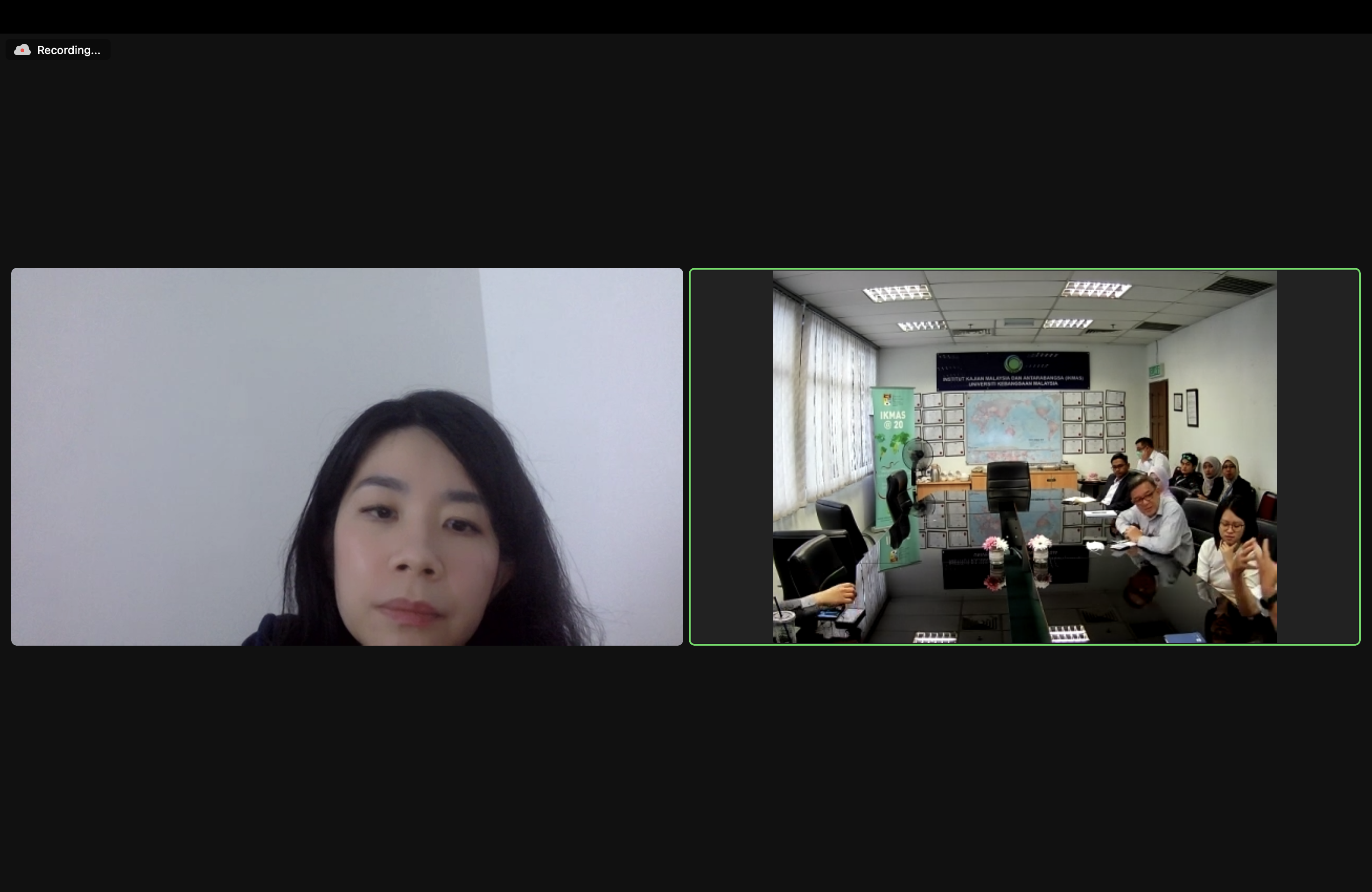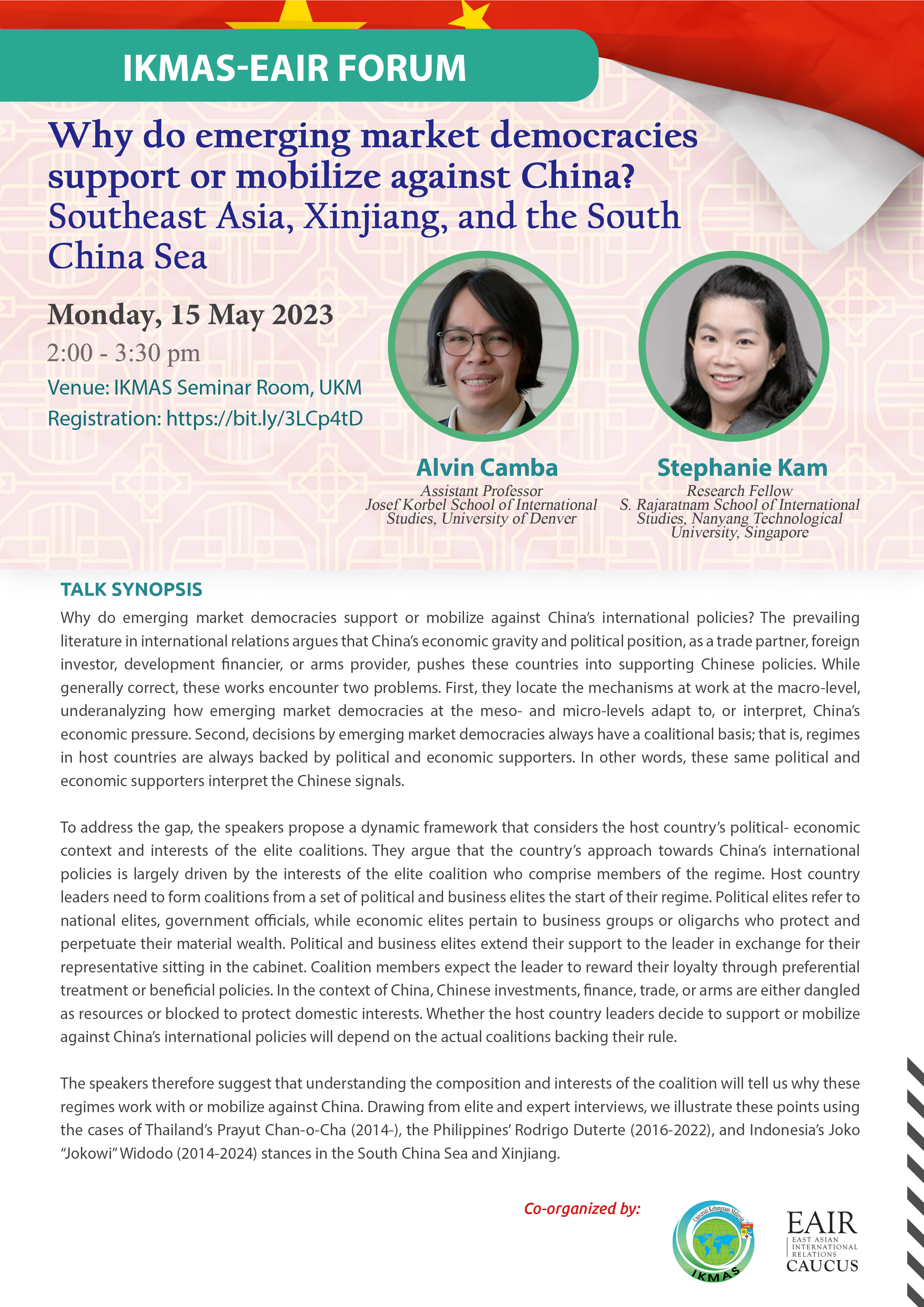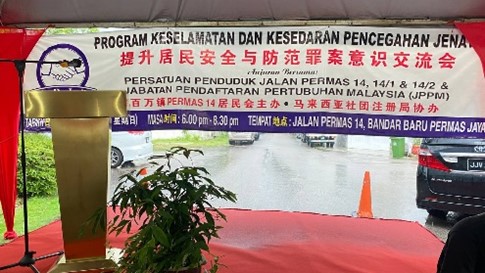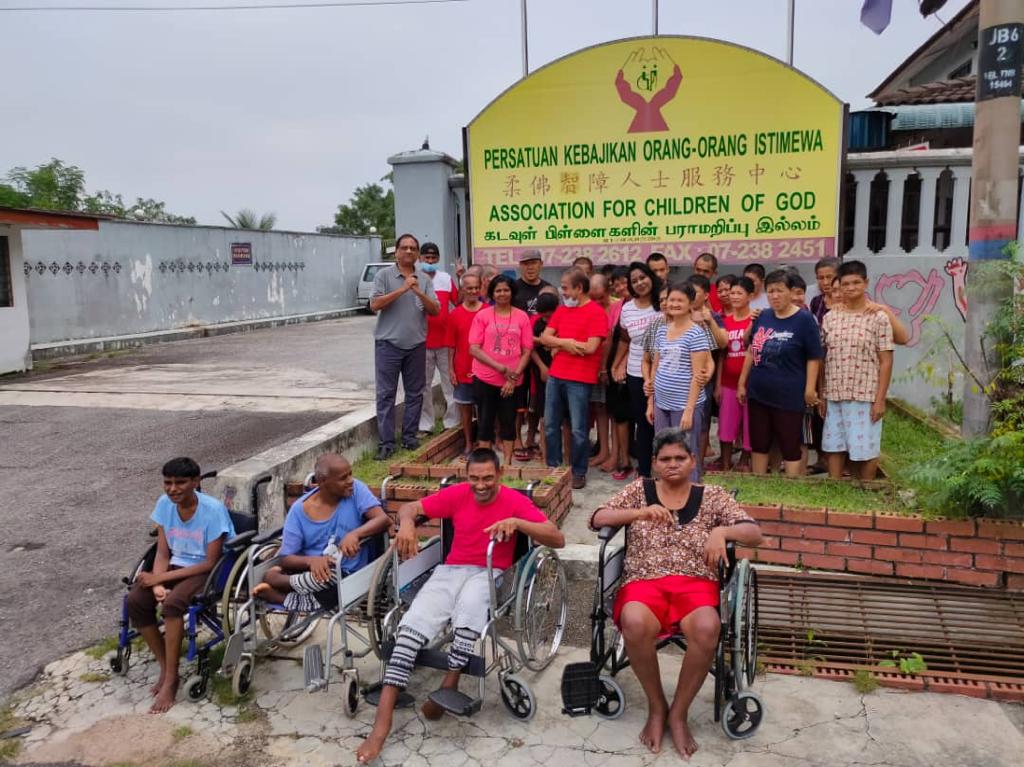Why do emerging market democracies support or mobilize against China? Southeast Asia, Xinjiang, and the South China Sea


Why do emerging market democracies support or mobilize against China’s international policies? The prevailing literature in international relations argues that China’s economic gravity and political position, as a trade partner, foreign investor, development financier, or arms provider, pushes these countries into supporting Chinese policies. While generally correct, these works encounter two problems. First, they locate the mechanisms at work at the macro-level, underanalyzing how emerging market democracies at the meso- and micro-levels adapt to, or interpret, China’s economic pressure. Second, decisions by emerging market democracies always have a coalitional basis; that is, regimes in host countries are always backed by political and economic supporters. In other words, these same political and economic supporters interpret the Chinese signals.
To address the gap, the speakers propose a dynamic framework that considers the host country’s political-economic context and interests of the elite coalitions. They argue that the country’s approach towards China’s international policies is largely driven by the interests of the elite coalition who comprise members of the regime. Host country leaders need to form coalitions from a set of political and business elites the start of their regime. Political elites refer to national elites, government officials, while economic elites pertain to business groups or oligarchs who protect and perpetuate their material wealth. Political and business elites extend their support to the leader in exchange for their representative sitting in the cabinet. Coalition members expect the leader to reward their loyalty through preferential treatment or beneficial policies. In the context of China, Chinese investments, finance, trade, or arms are either dangled as resources or blocked to protect domestic interests. Whether the host country leaders decide to support or mobilize against China’s international policies will depend on the actual coalitions backing their rule.
The speakers therefore suggest that understanding the composition and interests of the coalition will tell us why these regimes work with or mobilize against China. Drawing from elite and expert interviews, we illustrate these points using the cases of Thailand’s Prayut Chan-o-Cha (2014-), the Philippines’ Rodrigo Duterte (2016-2022), and Indonesia’s Joko “Jokowi” Widodo (2014-2024) stances in the South China Sea and Xinjiang.









.jpeg)




